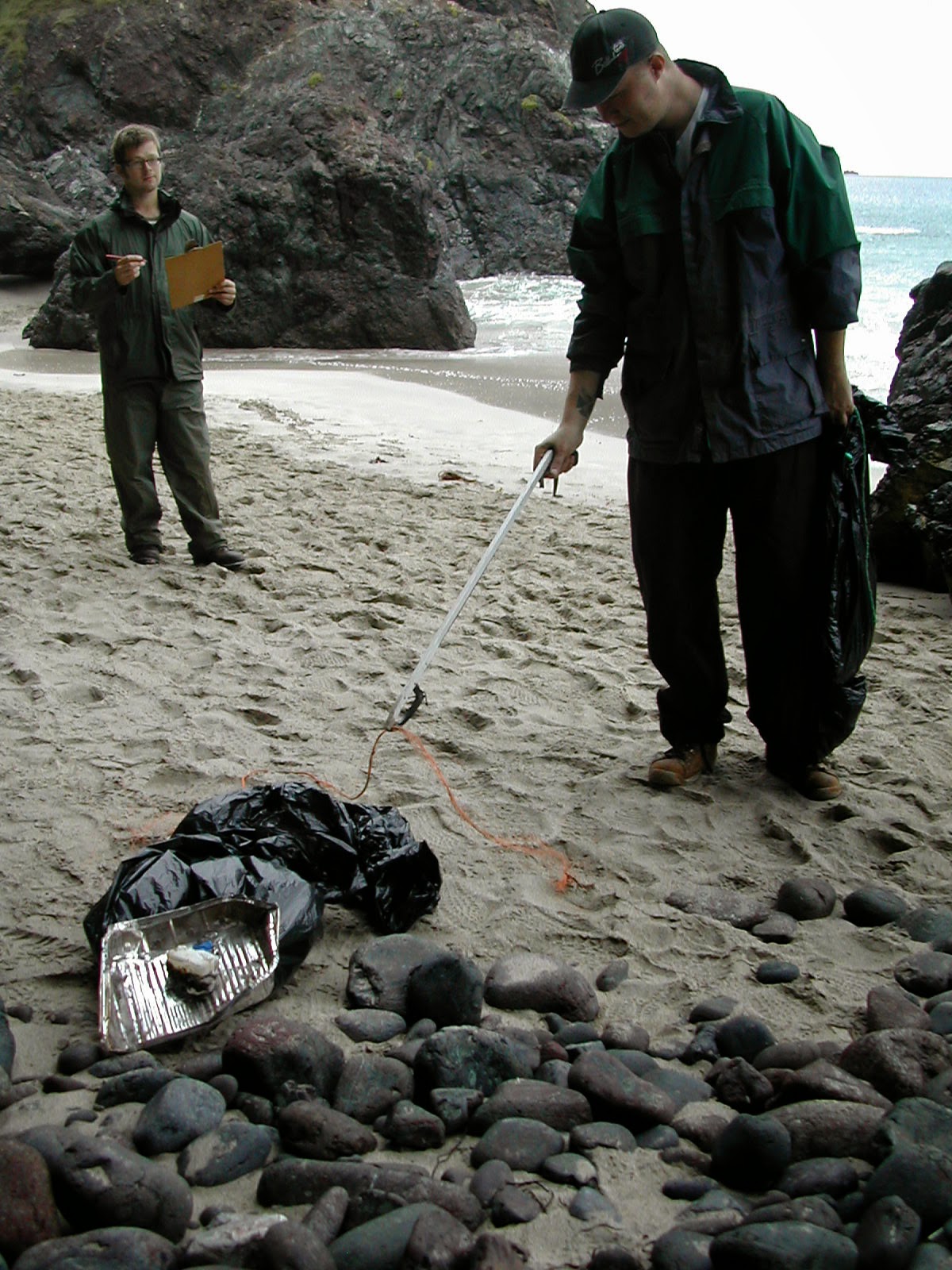The sunniest day of the half term the valley of Poltesco resounded with the noise of hammering and the occasional yelp! On Tuesday 17th February 15 families got involved with giving birds a helping hand at the National
Trusts’ bird in a box event at Poltesco. The event, held annually offers
children, young people and their families the chance to make their own bird
boxes, get advice about how and where to put them up plus lots of other ways to
help our dwindling garden bird population.
 |
| Families enjoying the early spring sunshine and activities at Poltesco |
 |
| The decorating of the bird boxes was taken very seriously |
 |
| Ahhh....it is that lardy pine cone time of year again |
 |
| The making of the nests was very popular with the younger partcipants, especially when the chocolate egg bird paid a visit! |
This
popular annual event that takes place during National Bird Box week has grown
from strength to strength. I was amazed when the morning session booked up so quickly we decided to put on another session in the afternoon, doubling the number of bird boxes and
feeders made, giving our local birds a great start to the nesting season.
 |
| Katie, one of the National Trusts full time volunteers helps families |
These
events couldn't be run if it weren't for the great team of Wild Lizard volunteers who play such an important role in helping us provide positive
experiences in the outdoors for local families and visitors. With events becoming more popular we are looking to extend our team of volunteers.
If you
have a love of the natural environment, would like to share your enthusiasm to
inspire others and want to get involved with the project then please get in
touch with me on 01326 291174 or claire.scott@nationaltrust.org.uk.
When we have events like this everyone comes away feeling really excited that they have made a difference to help our wildlife even if it is one bird box or lardy pine cone feeder at a time!











